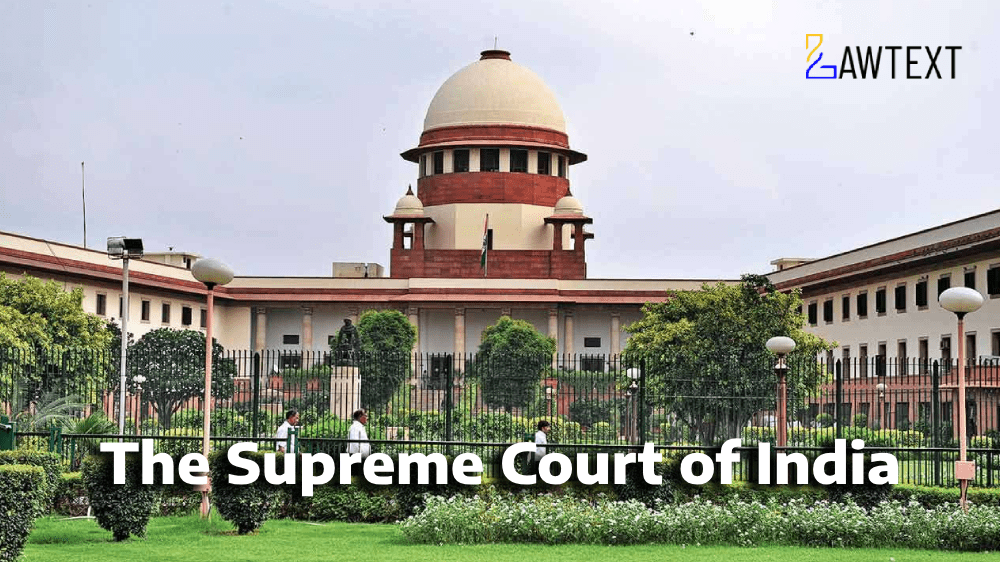

The petitioner sought arbitration under the Indian Arbitration and Conciliation Act, arguing that India had jurisdiction due to the significant connections between the agreement and Indian law. However, the respondent contested that jurisdiction lies with Dubai under UAE laws, as stipulated in the distributorship agreement. The Supreme Court analyzed arbitration seat versus venue, jurisdiction applicability, and parties' autonomy in international arbitration.
The Supreme Court clarified that the seat of arbitration and applicable jurisdiction play crucial roles in international arbitration. The agreement's terms and parties' conduct are key to determining jurisdiction. The court concluded that Part I of the Indian Arbitration Act would not automatically apply if the arbitration seat is outside India unless the agreement explicitly allows Indian jurisdiction.
Distributorship Agreement
The petitioner and the respondent entered a distributorship agreement in Afghanistan for distributing Micromax products in Kabul. The agreement contained clauses for arbitration in Dubai under UAE law but granted the non-exclusive jurisdiction to Dubai courts.
Transactions and Disputes
Transactions were conducted between the parties per the agreement, with payments initially made to the UAE entity. Later, disputes arose regarding payments and adjustments, where Micromax India was directed to receive payments despite not being a signatory to the agreement.
Arbitration and Conciliation Act, 1996 (India)
Sections 2, 9, 11, and 27 of the Arbitration Act were examined to determine jurisdictional limits, particularly focusing on Section 11(6), which pertains to appointing arbitrators.
Clause Interpretations
Applicability of Part I of the Indian Arbitration Act
Whether Part I of the Act, enabling the appointment of an arbitrator under Indian jurisdiction, applies to an international arbitration agreement designating Dubai as the seat.
Determination of Seat versus Venue
Whether Dubai was intended as the seat or merely the venue of arbitration and the implications for jurisdiction.
Concurrent Jurisdiction and Party Autonomy
Examination of party autonomy in choosing jurisdiction and how non-exclusive clauses impact concurrent jurisdiction.
Seat vs. Venue
The court reaffirmed the significance of "seat" in arbitration, which determines the jurisdictional oversight, contrasting it with the "venue" where arbitration proceedings might occur.
Party Autonomy
The judgment emphasized the importance of party autonomy in international arbitration. Jurisdiction should respect the agreement terms unless explicitly stated otherwise. Here, the parties’ choice of Dubai as a venue and UAE law as the governing law demonstrated their intent.
Concurrent Jurisdiction
Referring to precedents, the court underscored that concurrent jurisdiction might be recognized if both the substantive and procedural laws align with multiple jurisdictions. However, this was not automatic in this case as the arbitration agreement explicitly designated UAE law and Dubai courts.
Arbitration and Conciliation Act, 1996 (India)
UNCITRAL Model Law on International Arbitration
Citation: 2024 LawText (SC) (11) 70
Case Number: ARBITRATION PETITION NO. 31 OF 2023
Date of Decision: 2024-11-07
Case Title: M/S ARIF AZIM CO. LTD. VERSUS M/S MICROMAX INFORMATICS FZE
Before Judge: (Dr. Dhananjaya Y. Chandrachud CJI. , J.B. Pardiwala J. , Manoj Misra J.)
Appellant: M/S ARIF AZIM CO. LTD.
Respondent: M/S MICROMAX INFORMATICS FZE